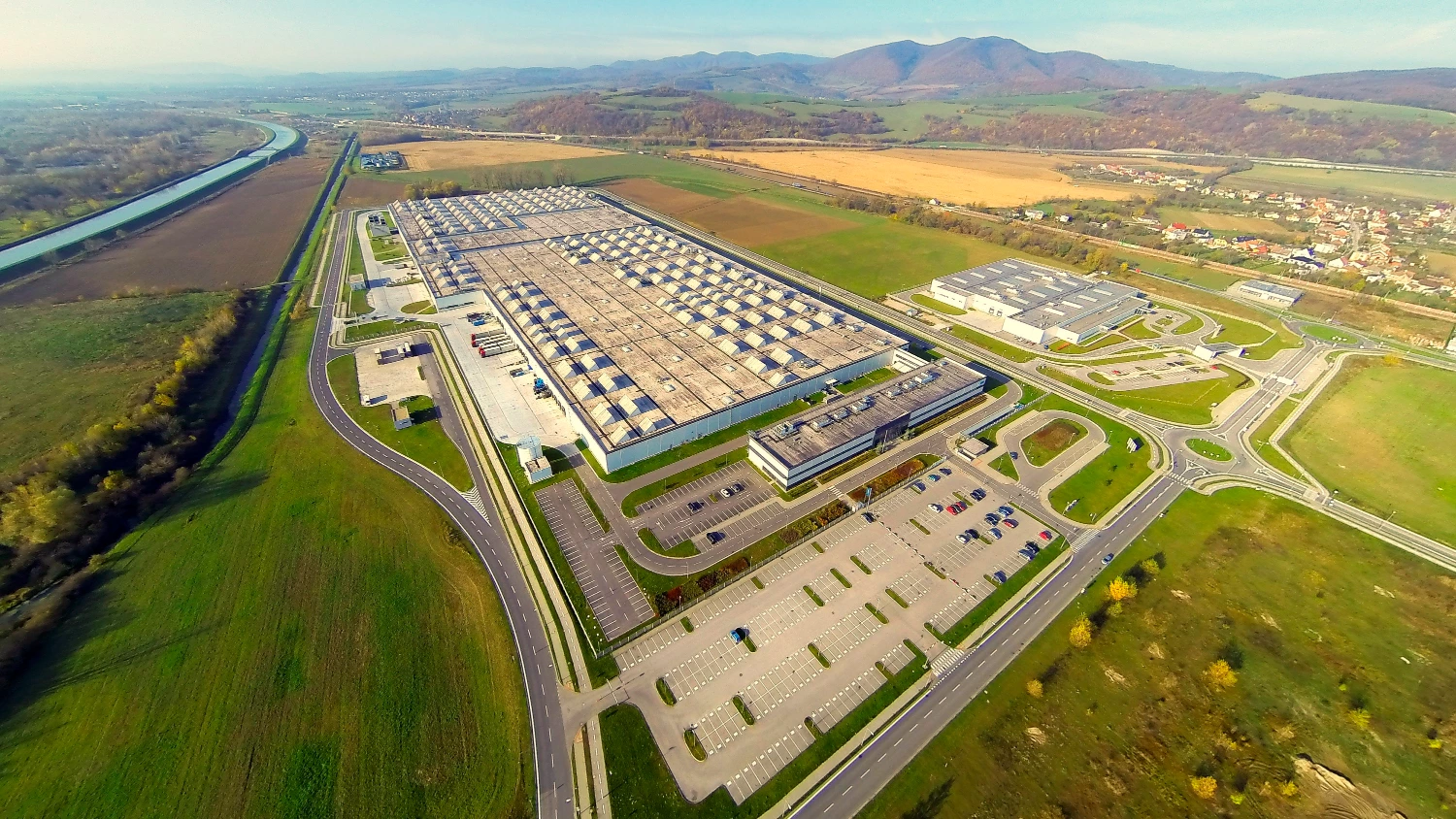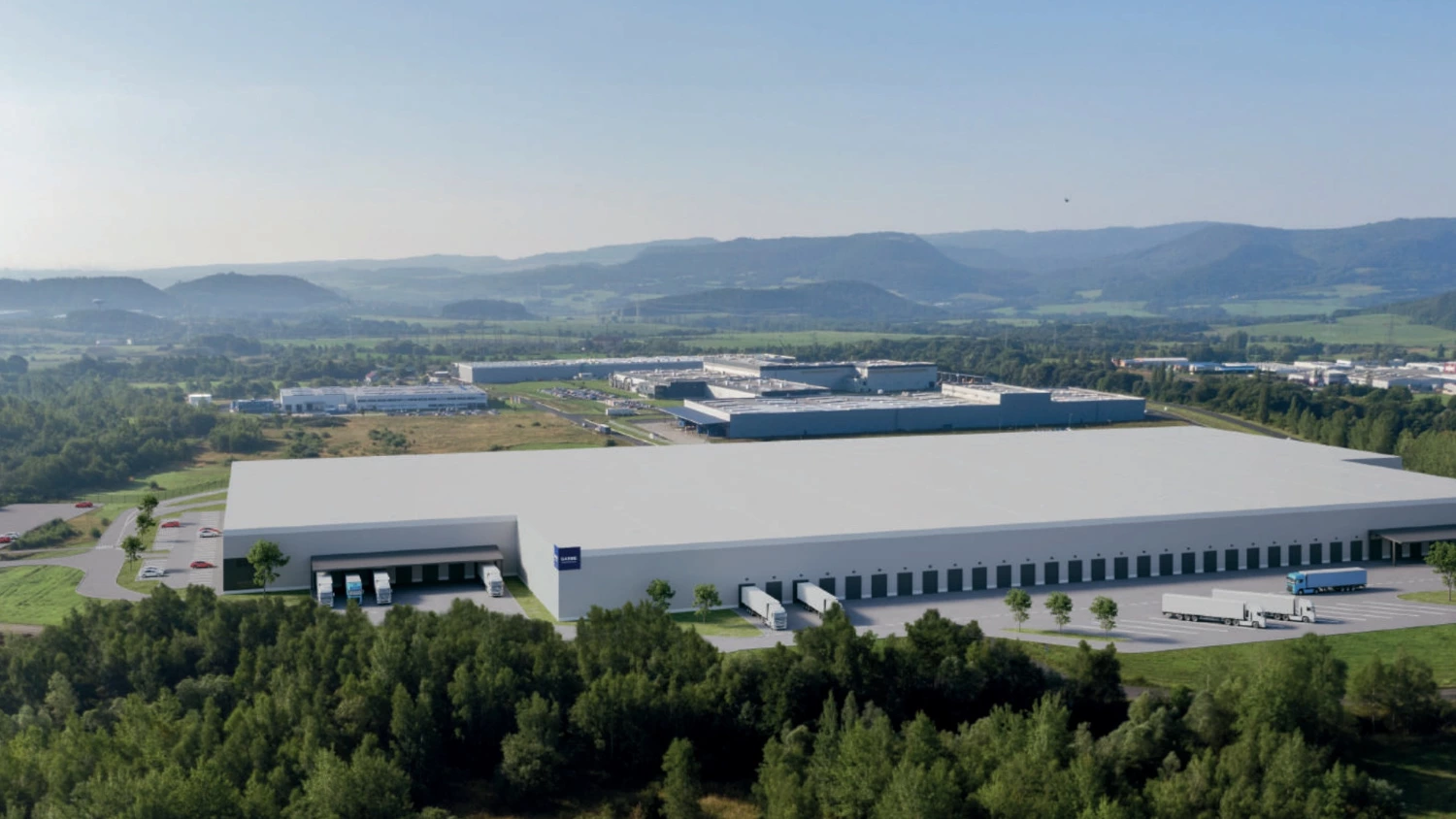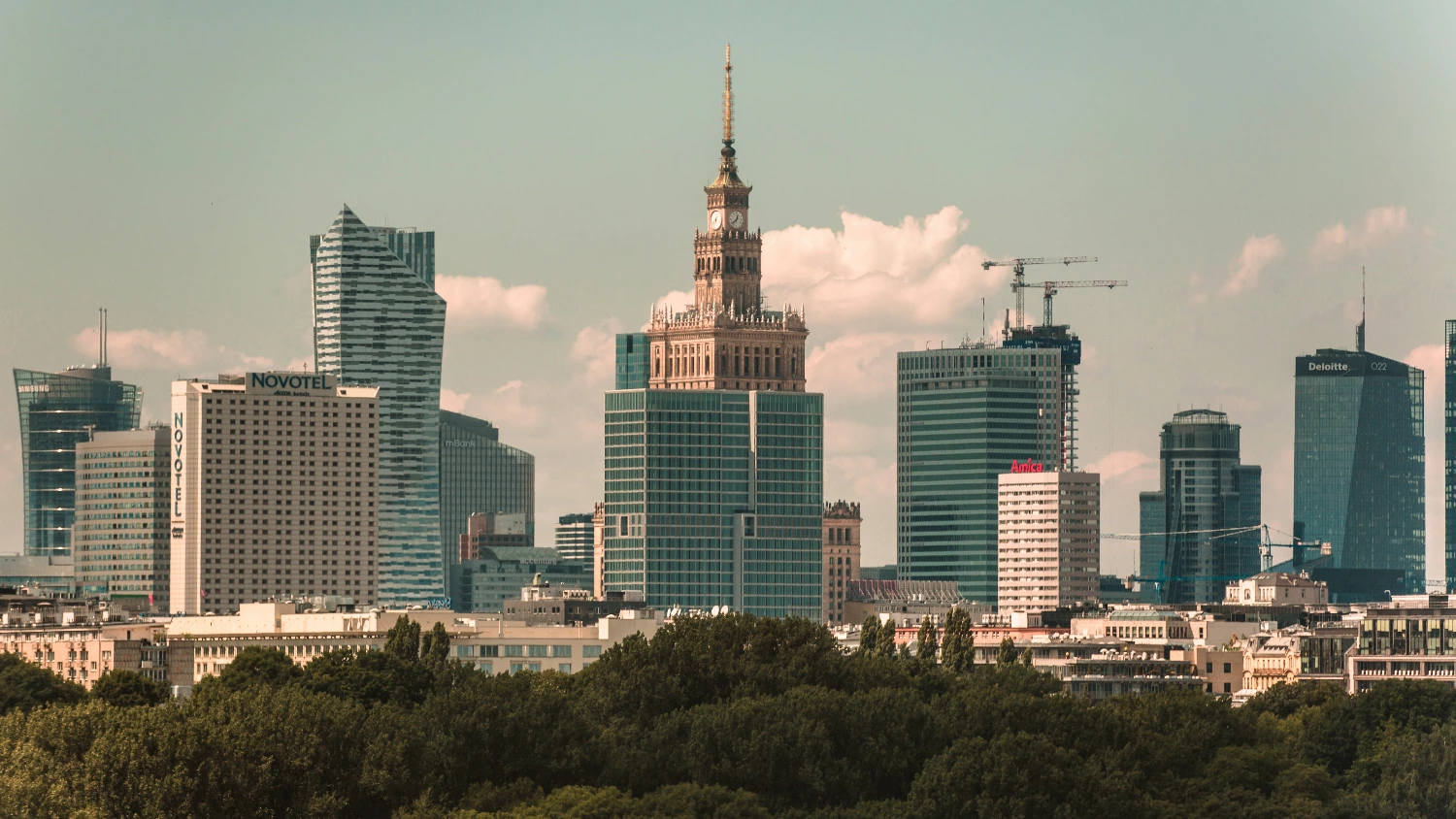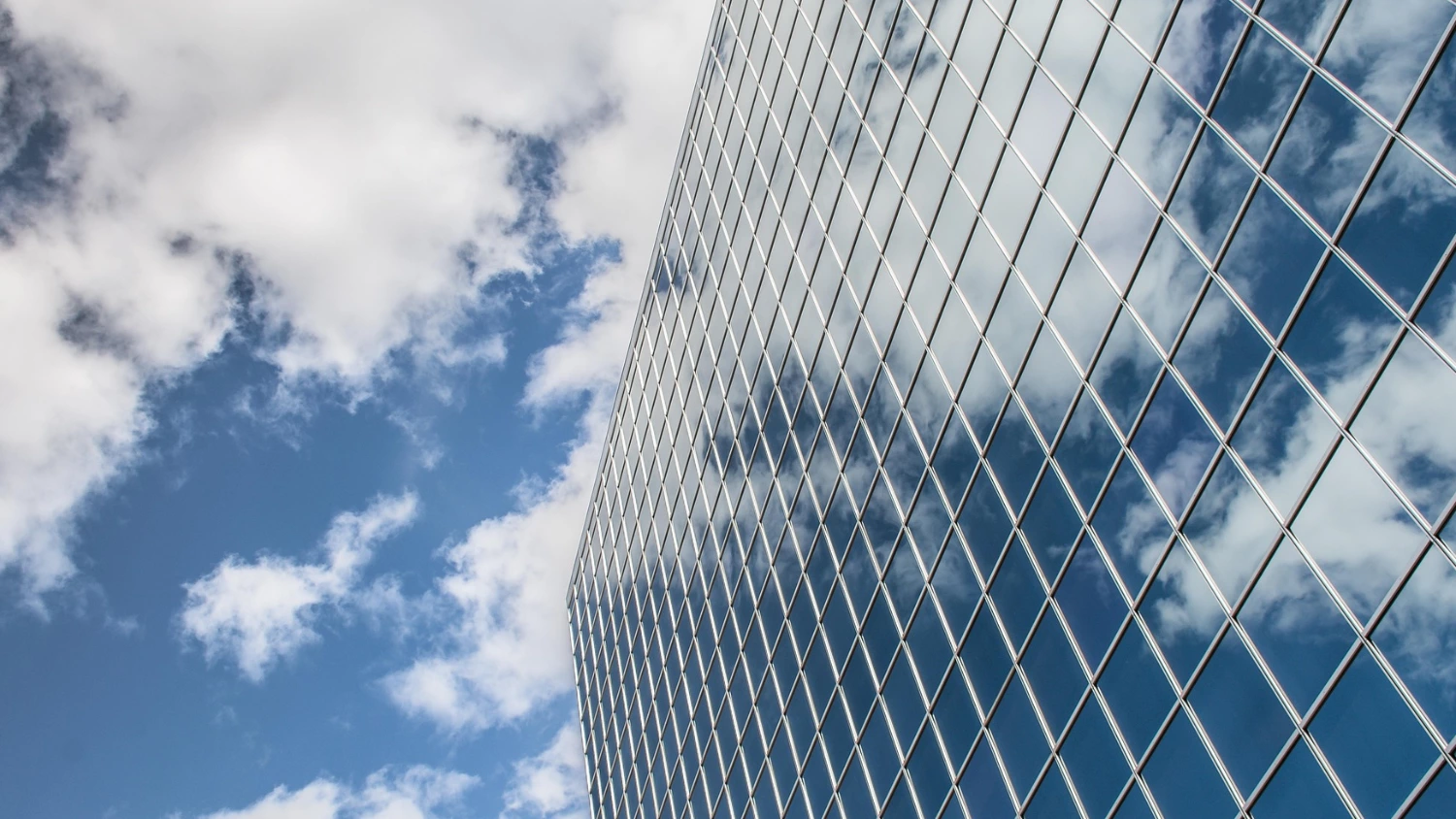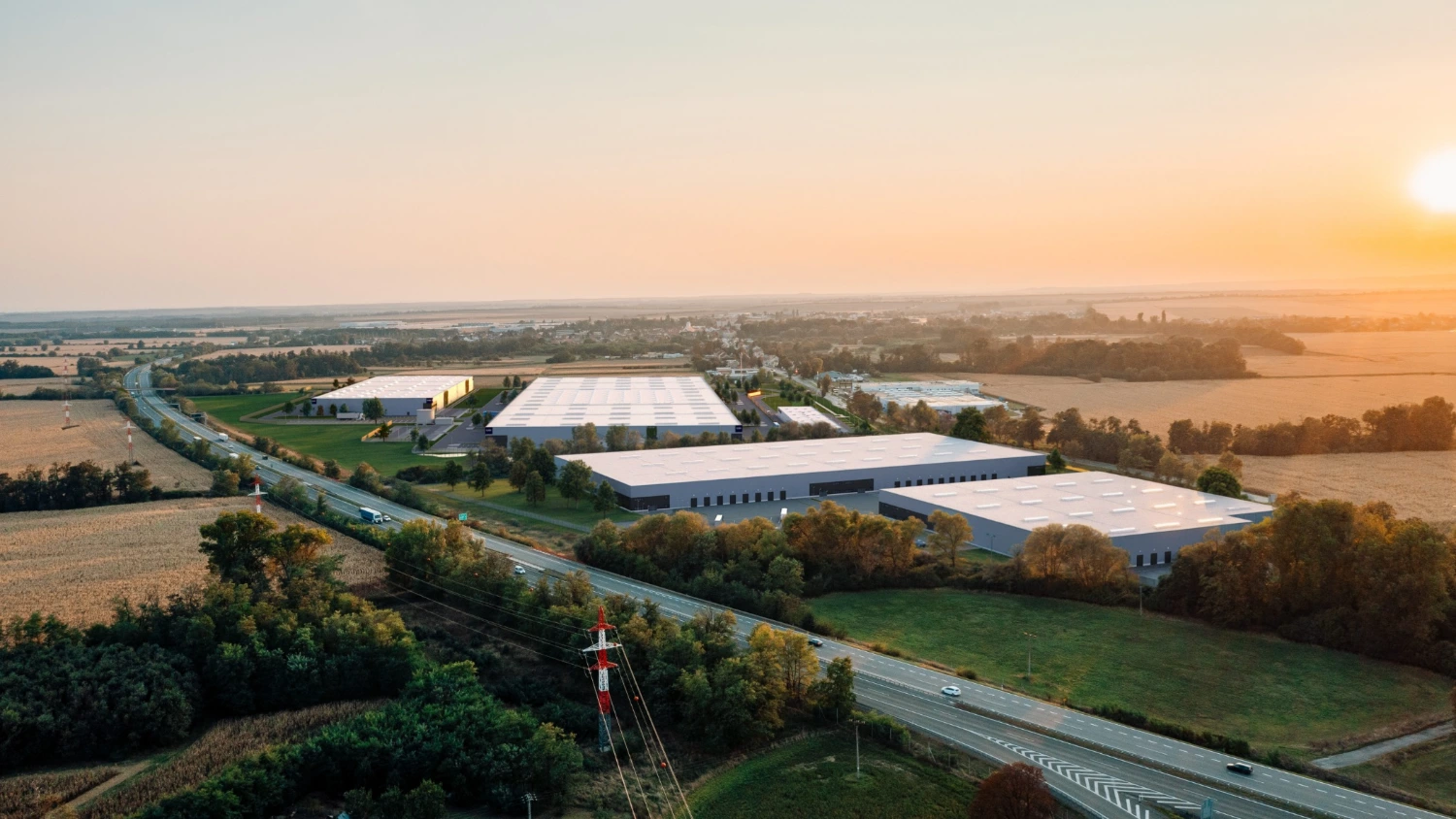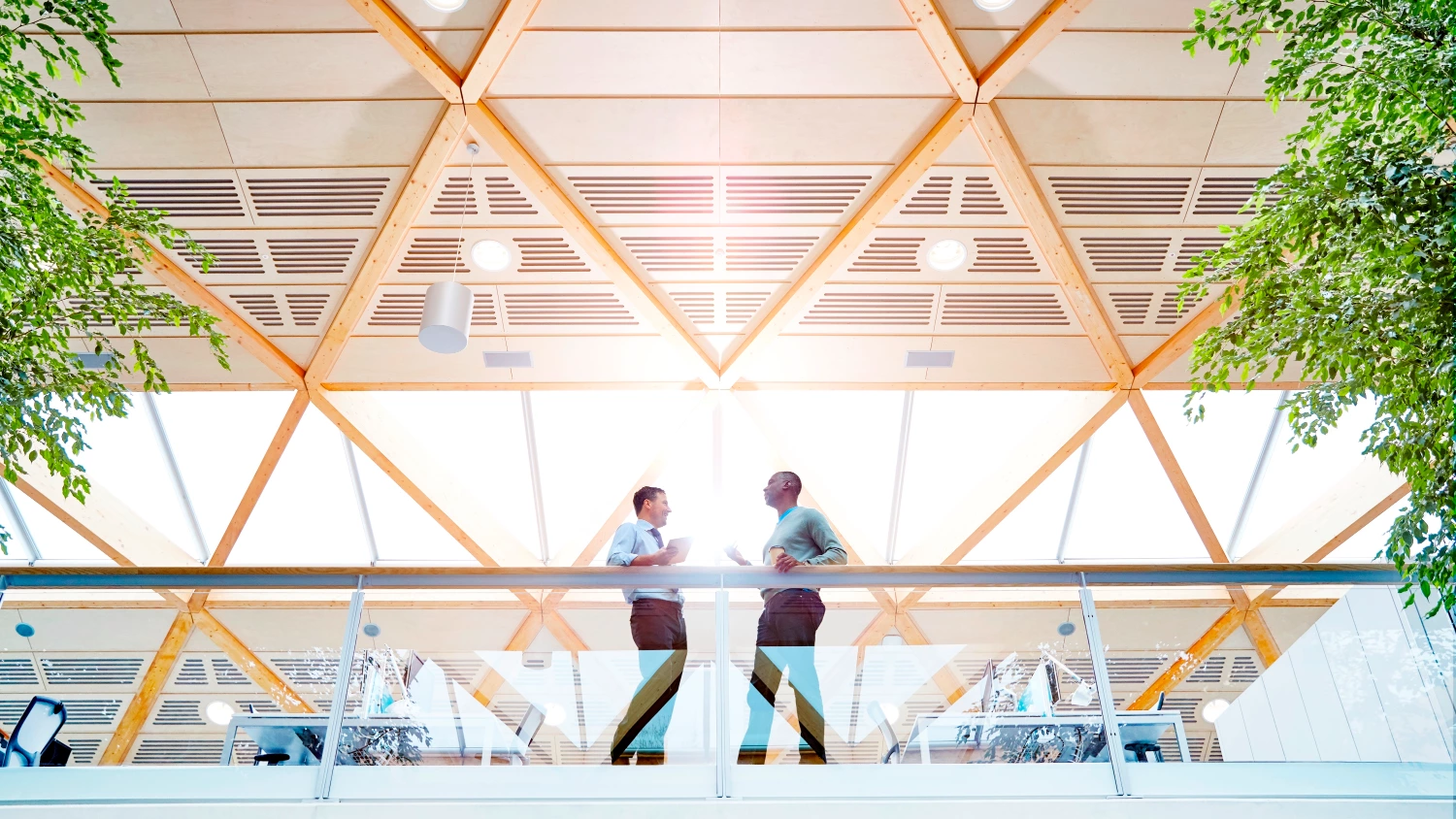When looking at plans for the next 3 years, respondents are more cautious in their expectations. Only 46% of them plan to expand their premises in this period. This demand is mainly driven by third-party logistics service providers, which confirms the trend of outsourcing supply chains and the interest of companies in the field of postal and parcel services.
Tenants' plans for medium-term expansion have changed. "This is a natural reaction to the current geopolitical situation and current macroeconomic challenges. At the same time, they have more options than during the pandemic, which gives them room to further negotiate the price of rents or modernise warehouses,” said Michal Cerulík, Director of the Industrial and Logistics Leasing Department at CBRE.
The current situation is favourable for tenants. CBRE's survey found that they are more demanding and selective in choosing locations and properties. At least a third of respondents identified as key up to 7 factors in choosing a location and 5 factors in choosing a building. When choosing a property, tenants no longer look exclusively at price. They are also important for them to consider broader strategic business aspects and the effort to optimise their portfolio. Respondents identified accessibility and labour costs as more important, followed by the availability of the property itself. However, at the building level, property costs remain a decisive factor. Sustainable features and stable energy supply are also increasingly important in decision-making.
Half of tenants said they aim to have properties with a zero carbon footprint by 2030. However, several have postponed their plans compared to last year. "Tenants mainly want to see clear, tangible benefits instead of achieving various certifications. Heat pumps or battery storage are just some of the ESG elements that directly translate into the commercial advantage of buildings," concludes Cerulík.

